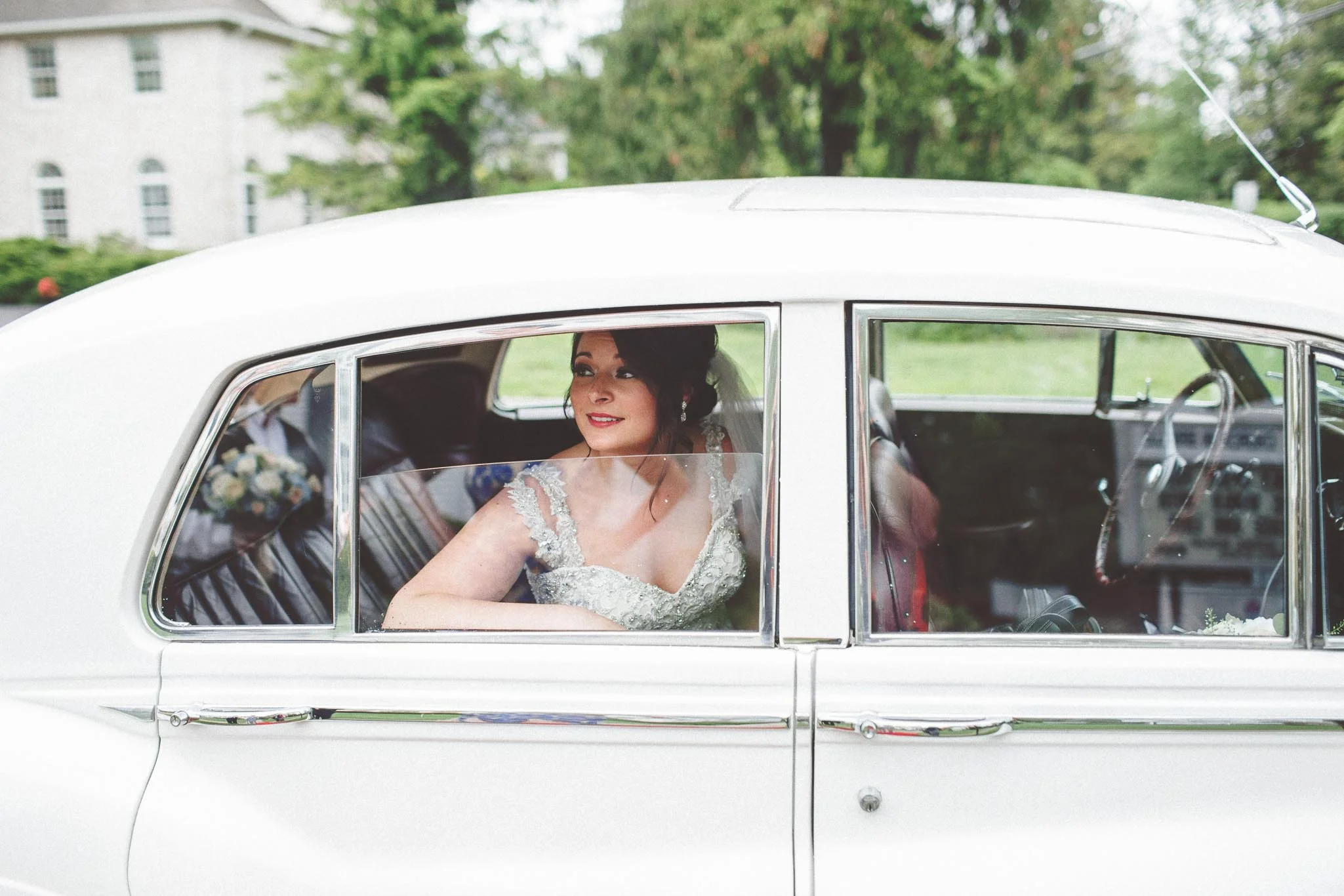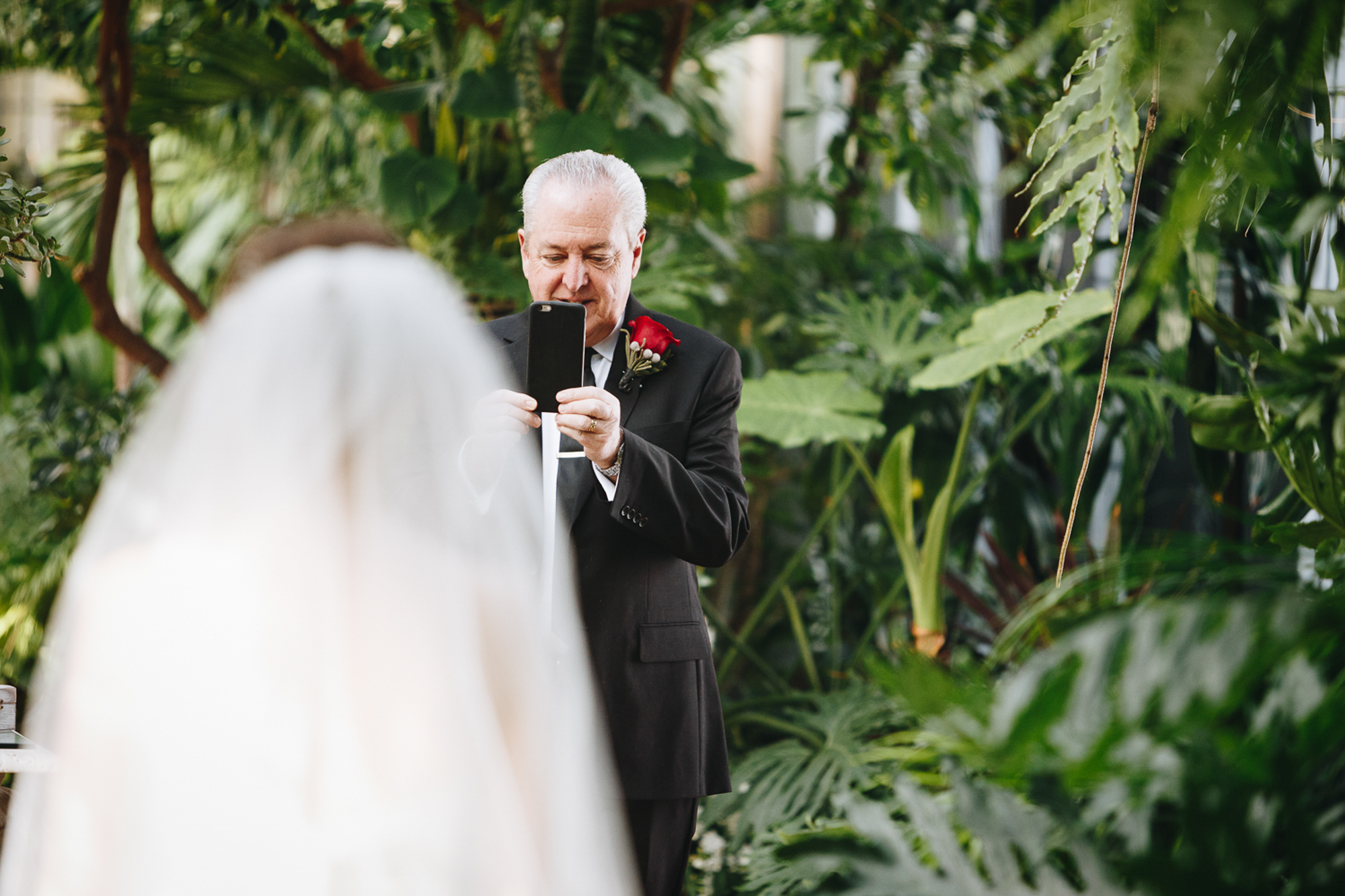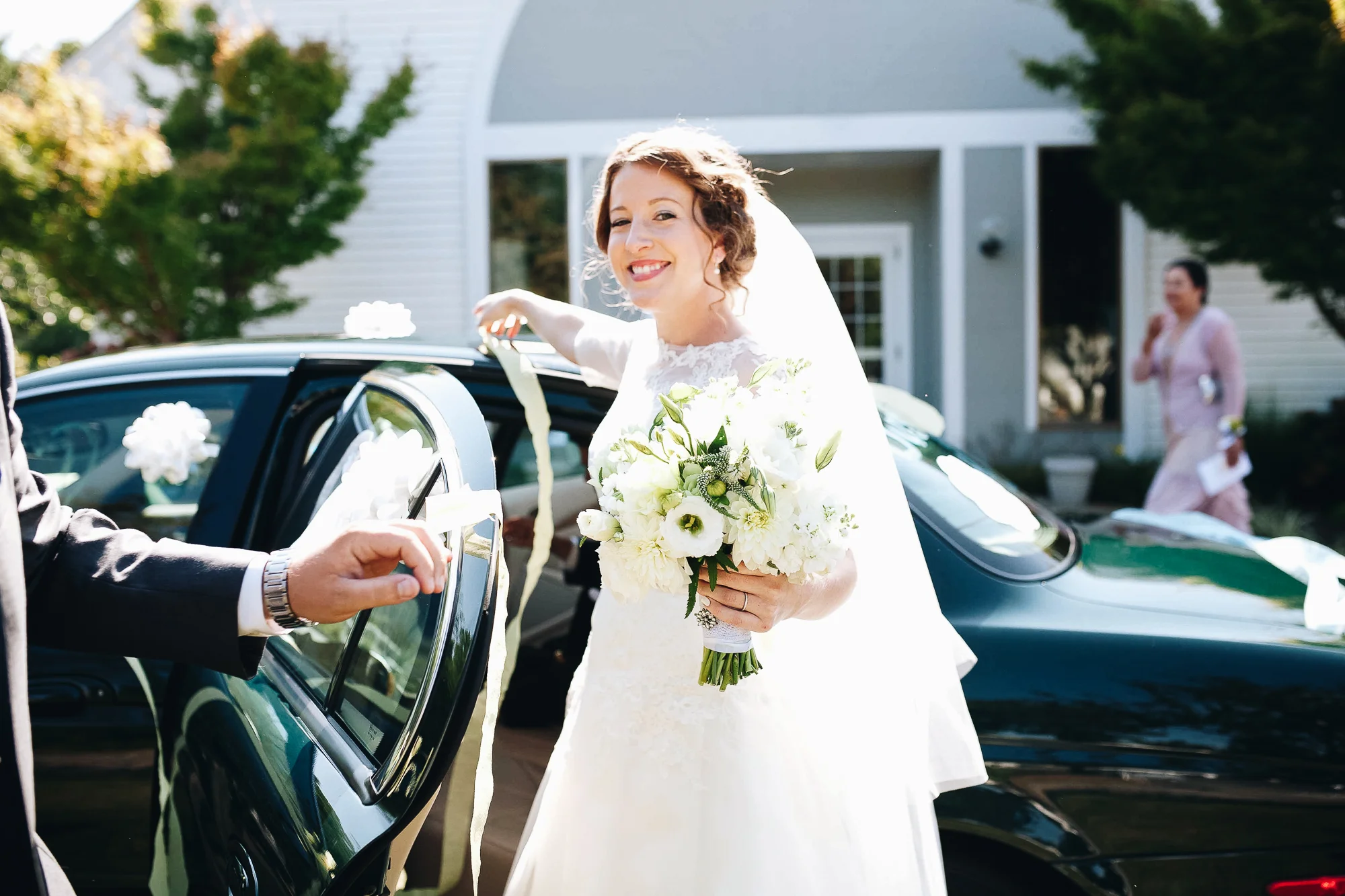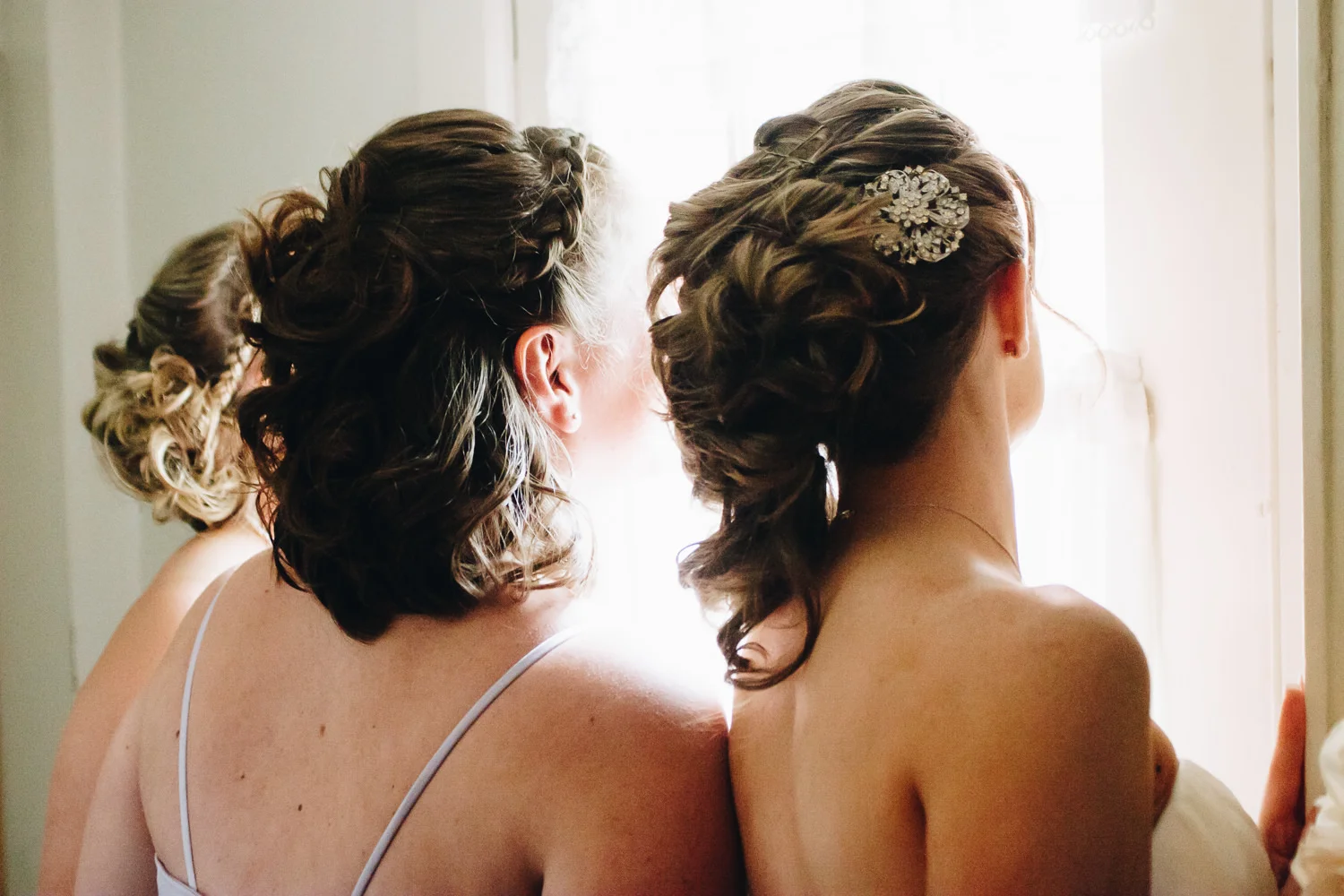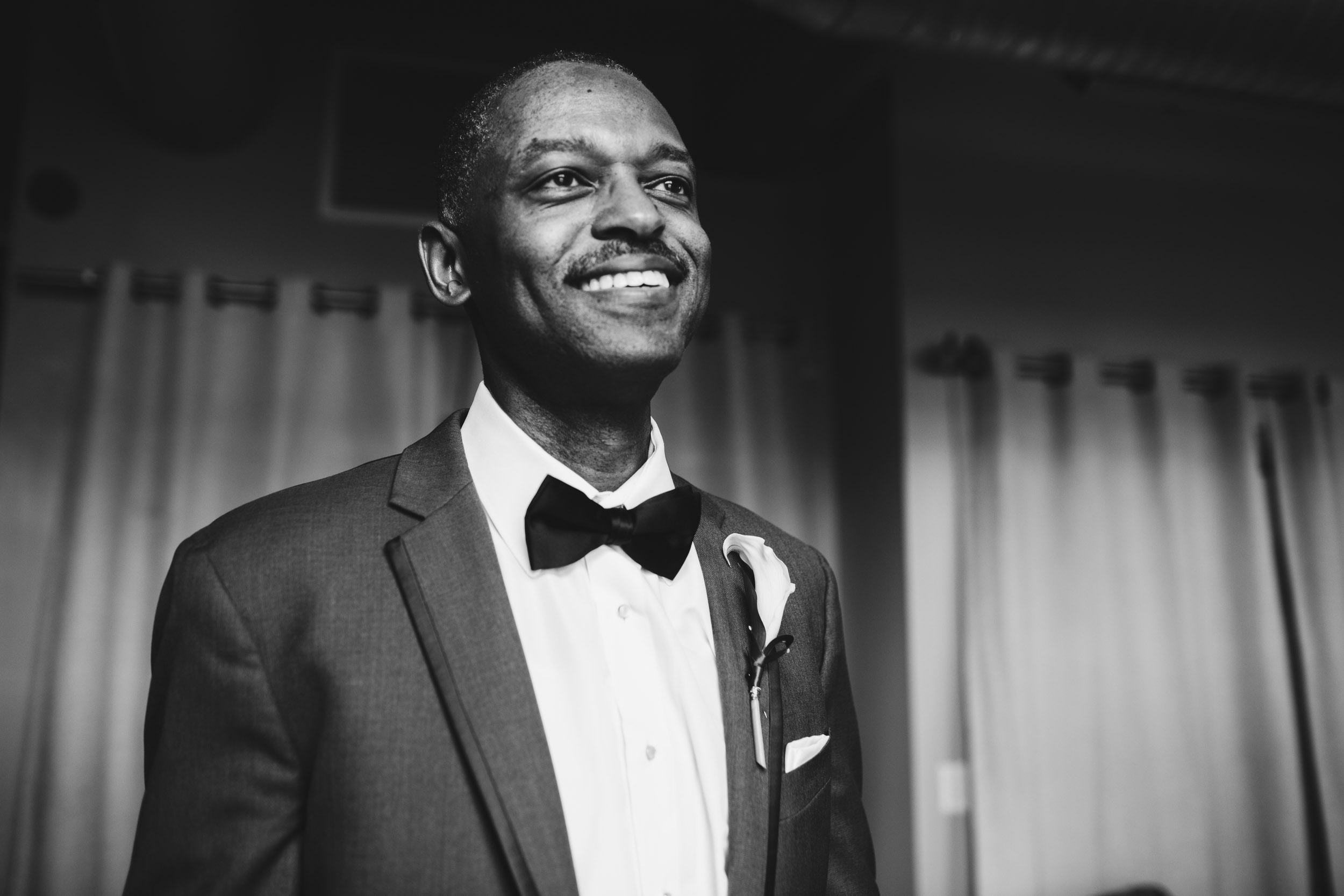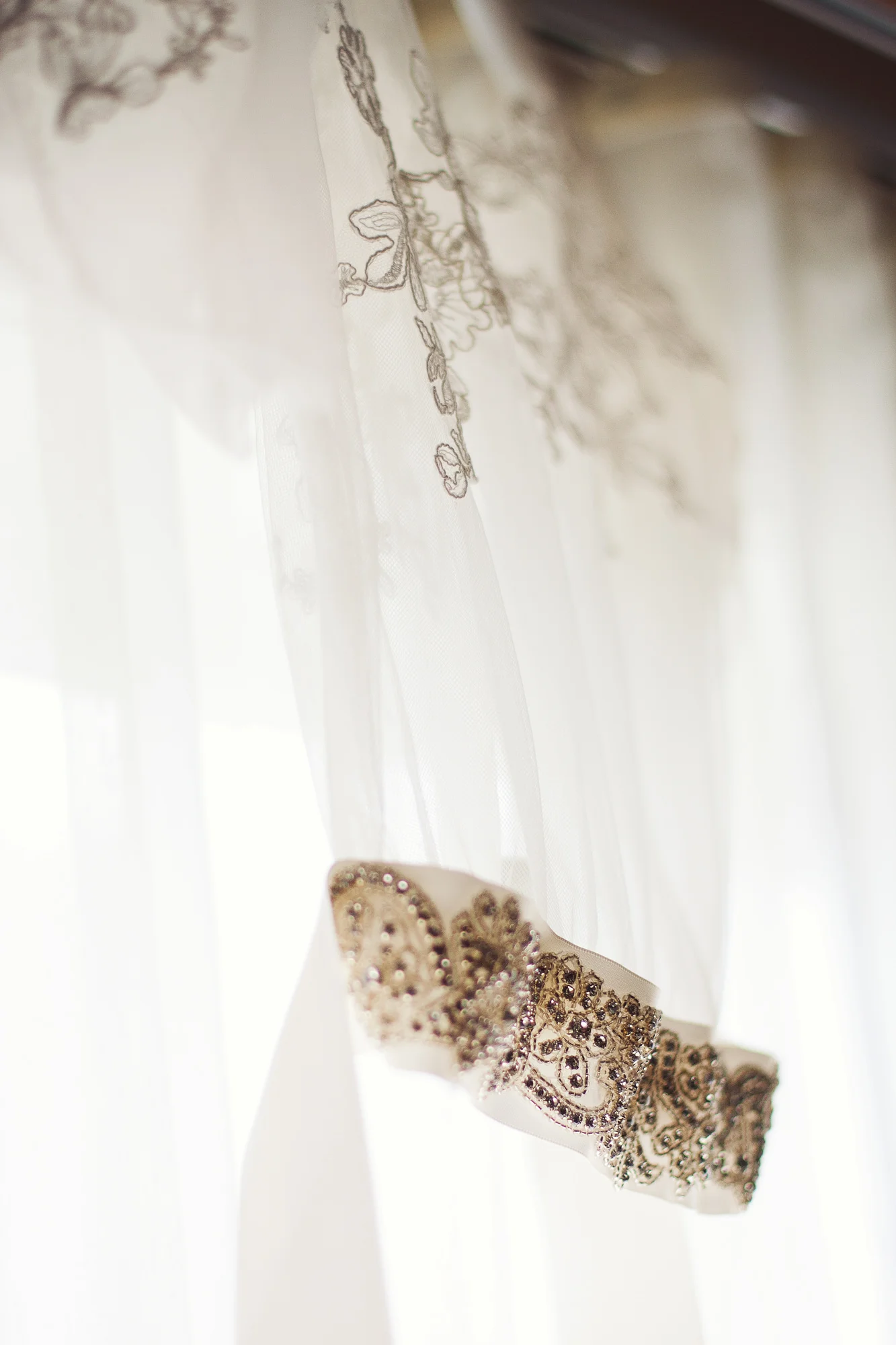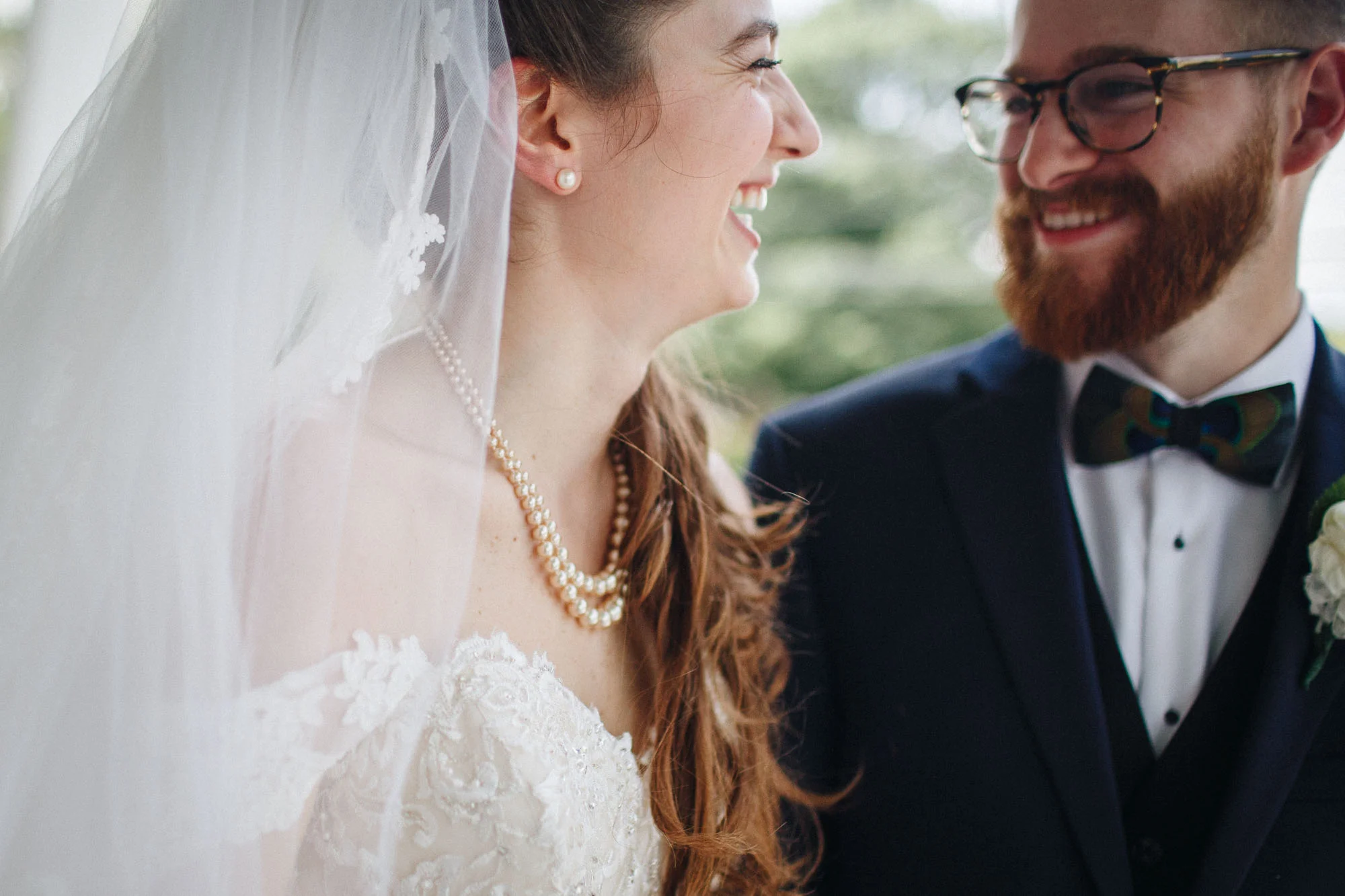The argument for always second shooting
I shot my first wedding almost ten years ago, thanks Facebook memories. It almost feels like an alternate reality. The pictures are still safe on a hard drive somewhere in my cabinet but if I looked at them now I'd probably have a word with my younger self. That's a good thing. I would hope in ten years for some substantial growth. Though I feel like I've always been confident at whatever level I've been at in photography, I was definitely an infant when it came to weddings. As I type this I already have the urge to write another much needed blog post on what it takes to be a wedding photographer. More on that much later. Trust me kids, it takes a lot more than most people are willing to give.
Already off topic, good job Mike. My point is, I've had a decade to reflect on the experiences I've garnered shooting weddings. It's night and day about how I feel about the subject now. It's night and day about how I photograph the subject now. Again, I would hope so. Ten years in something with no growth would be an awful waste of time. I try to look back and figure out what has been the biggest catalyst in my growth. Could it have been education? Gear? Willingness for pain and frustration? I'm sure it's a combination of these things but I'd like to add one more log to the pyre.
There is something that really didn't become apparent to me until about two years ago. Better late than never Mike. Oddly enough, I feel like second shooting a wedding has been one of the greater assets in helping me understand wedding photography. This is where a lot of you stop reading. Wait, hold on, don't worry! If you don't know what second shooting a wedding is I'm here to explain it in great detail!
Generally, when folks hire a photographer for a mid to large size wedding they aren't just hiring one photographer. It becomes a mathematical uncertainty if one person is tasked with covering ten or twelve hour day. Sometimes it's just downright evil. With so much weight placed on covering the day appropriately it can be daunting to think that one person could capture every lovely moment correctly. Some people do but they are in need of a good therapist. I kid, no I don't.
So yes, a photographer that is hired for a large wedding generally employs a "second shooter", "assistant photographer", "minor photographer", "photography intern" as someone to help supplement the coverage of this important day. With words like "intern" and "assistant" sometimes one would think the second photographer isn't as good or has a lot less experience than the lead photographer. This might be true but that's not always the case. I've personally hired second shooters that were better than me. See, the moniker of a second shooter doesn't necessarily equate to experience or talent, it's a role. It's a specific role that sometimes entails a lot more than just getting supplementary coverage like the groomsmen, details, alternate viewpoints. It's an insurance policy. People do make mistakes and lead photographers are still not immune. I have to say this though, you don't know a wedding fully until you've shot it as the main photographer and as the second shooter. I feel that not always being in the driver's seat can make you a better photographer overall.
I must be honest. A lot of this post has been influenced by the second shooting work I've personally been doing for the past year with Pivko Photo. I probably should have opened this blog post with some touching personal allegory about my experience. Maybe I will, as this is my first draft of the blog. Jon, of Pivko Photo, is a successful and wonderful photographer in the Tri-State area of New York, New Jersey and Pennsylvania. Strangely enough, I have known Jon since I was a small child. He grew up just down the street from me. That is where most of the cute coincidences end. We weren't particularly friendly as children, never kept in touch through high school or even college and passed most of our 20's in pretty significant isolation from each other. I don't mean to make that more dramatic than it sounds. We were just two people living our lives with no real reason to cross paths. That is until I found out he needed a second shooter for one of his wedding gigs. I travel to New Jersey almost monthly from North Carolina as I still have friends and my family living in that area. His business model almost always includes the need for two photographers at a wedding so I jumped at the chance to see another working photographer in their element. I guess you could say we've developed a working relationship that makes up for all the time we never said "hello" in the highs school hallway. I am thankful for that.
It's been eye opening to say the least and a big reason why I think this blog post should be consumed by the seasoned photographer. I hope you find some of these thoughts on second shooting beneficial to your brand and continued education.
1) It keeps you humble.
No matter how amazing you might be at your craft there will always be someone better. For every great image you create, trust me, there is someone that is hungrier and more determined than you. Try being a guitarist in New York City. You'll see what I mean. It's alright to not always have top billing on something.
2) It strengthens your communication and business relationship skills.
Generally when you tackle a wedding you're a team. You're not a photographer existing in a silo alone. In addition to another photographer you are also probably working with a videographer team. There is no room for ego. You all want to collaborate to create the best possible product for the client, in turn, giving you the best possible product for your business.
3) It's less stressful(slightly and sometimes).
Before I get some strongly worded emails, all wedding photography is stressful but again, we are talking about specific roles here. As a lead photographer your focus is generally the bride, the groom and the bride, and the bride, and the bride. Get it? A second shooter has slightly more control over what they can focus on. You don't necessarily have to run the show. Though, you're pretty integral on how that show is carried out you can float as needed to certain areas of the day that may need more attention. Also, when it comes time to being finished with the event you generally don't have to edit an entire wedding. Just hand over your cards and let the lead photographer slave away for a couple months. Hi Jon. You can select the images you've shot and use them for your personal portfolio(per agreement of the main photographer). If you took the photo, you can usually use it for marketing.
4) You get some insight into how others run their photography business.
This is a big one for me especially. I certainly have a method to shooting weddings as a main photographer but I've learned through second shooting that what I do is FAR from the gold standard. In fact I've learned a lot of what I do is completely wrong, HA HA. Lead photographers will definitely have a method to their wedding photography. Sometimes it works and sometimes it may not. Hey, nobody is perfect but the insights gained into time management, how a photographer interacts with the client and overall mood of the shoot are invaluable to you.
5) It can be easier than booking weddings yourself.
Sure the financial payout is far less than a first shooter but the need for reliable second shooters is always present. Do you have slower months in the fall and winter? Think about making some additional income with second shooting. A couple gigs a month can be a life support to newer businesses or ones that need that fancy new mirrorless camera to add to their arsenal. Just kidding, boo Sony mirrorless. No, I'm not, they are great if that's what you need.
6) Networking
I feel like in this industry friends are way better than enemies. If you are a reliable, personable human, people remember that. Always cast a wide net with the right people in your industry. You'll allow yourself free marketing when you fulfill these duties. I've personally booked weddings from second shooting other weddings. Make a positive splash with the people you work with and the people you service. Remember, don't be a hermit.
7) It's actually sorta fun.
Yes, actually, sorta, I know these words don't define my confidence in the statement but it can be. Because a lot of the day is not entirely on your shoulders you have time to think about shots you wouldn't necessarily do on your own. Seriously, a certain switch turns off in my brain when I second shoot. I mean, in a good way. It's as if someone pushed the "not so stressed" button instead of the "Oh my god this day is resting on my shoulders" button.
Yes, I have now convinced myself to write a complimentary blog post about what it takes to actually be a wedding photographer and high up on that list will definitely be, second shooting. Anyone trying to break into wedding photography must second shoot or assist a wedding before taking one on themselves as the main photographer. There is just too much at stake on this day. If you're jumping into wedding photography and choose a large wedding as your first gig, you're going to have a bad time. Trust me. Being a second shooter allows you to see how the day unfolds. It gives you such perspective on what goes right and wrong during a wedding shoot. Make sure you get comfortable with the stresses of the day because there will be many. It's a great way of identifying if this type of photography is right for you. Any questions, comments, concerns, please feel free to send me a note. I love a good discussion. Oh, and of course, what good is a photographer's blog without some pictures!? Here are a few selections from this seasoned, second shooter. Enjoy!







